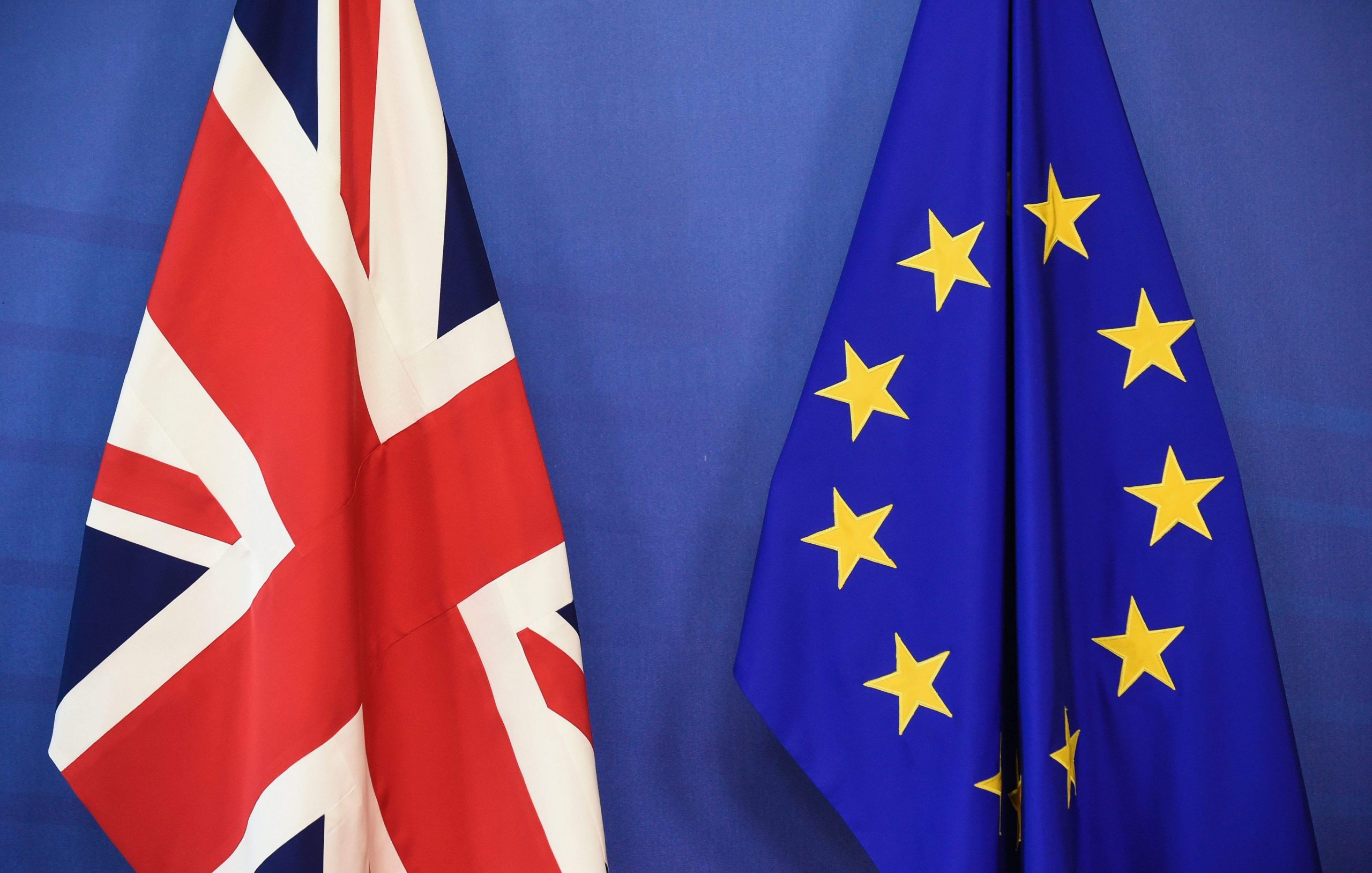
In the Brexit negotiations, the government has unashamedly prioritised immigration control over the economy. The UK must leave the single market, ministers say, in order to restrict free movement. For decades, they lament, European immigration has been “uncontrolled”, making it impossible to meet the government’s target of reducing net migration to “tens of thousands” a year.
It’s worth noting that non-EU immigration alone (which ministers can limit) remains 76,000 over this limit (owing to the economic benefits). But more importantly, liberals and conservatives alike talk of “free movement” as if it is entirely free – it isn’t.
Though EU citizens are initially permitted to live in any member state, after three months they must prove that they are working (employed or self-employed), a registered student or have “sufficient resources” (savings or a pension) to support themselves and not be “a burden on the benefits system”. Far from being unconditional, then, the right to free movement is highly qualified.
The irony is that the supposedly immigration-averse UK has never enforced these conditions. Even under Theresa May, the Home Office judged that the cost of recording entry and exit dates was too high. Since most EU migrants are employed (and contribute significantly more in taxes than they do in benefits), there was no economic incentive to do so.
For some Brexiteers, of course, a job is not adequate grounds for an immigrant to remain. But even beyond implementing existing law, there is potential for further reform of free movement – even within the single market.
As Nick Clegg recently noted, shortly after the referendum, “a number of senior EU figures” were exploring a possible trade-off: “A commitment by the UK to pursue the least economically disruptive Brexit by maintaining participation in the single market and customs union, in return for a commitment to the reform of freedom of movement, including an ’emergency brake’ on unusually high levels of intra-EU immigration.” Liechtenstein, a member of the single market, has recently imposed quotas on EU migrants.
Yet with some exceptions, these facts are rarely heard in British political debate. Many Labour MPs, like their Conservative counterparts, support single market withdrawal to end free movement. The unheard truth that it isn’t “free” could yet lead the UK to commit an avoidable act of economic self-harm.



